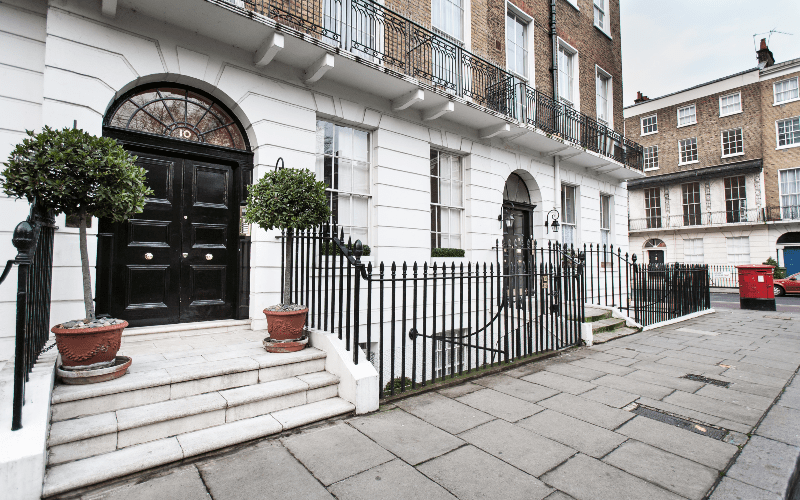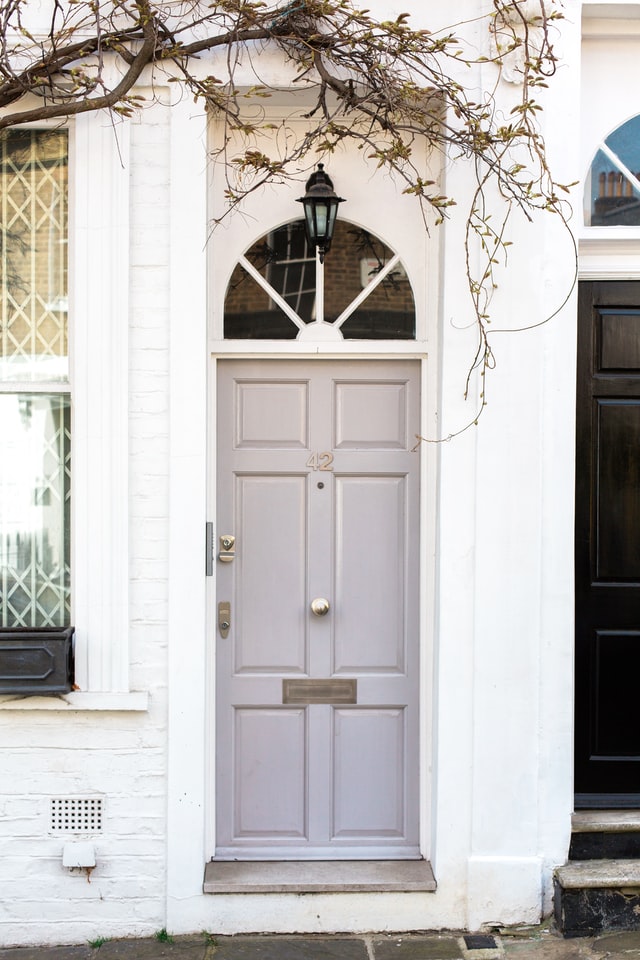If the lease on your property is starting to get low, you may want to consider getting a lease extension. Understanding how lease extensions work can be very daunting for most people because they are so complex, but there’s no need to worry! In this blog, we’ll explain how much it costs to get a lease extension and why you should consider getting one before it’s too late.
So, how much does a lease extension cost? The cost of a lease extension is split into three parts; the premium, the freeholders ‘reasonable fees’ and your own costs. It’s therefore extremely difficult to specify exactly how much a lease extension will cost because it depends on different factors as well as an individual’s unique circumstances.
Keep reading to find out more about the costs of a lease extension and where to find any important information you may need.
Lease Extension Costs
With more than 4 million residential properties in the UK owned as leaseholds, it’s easy to see why so many people want to know how much it costs to extend a lease. Extending your lease is an investment in your home because it can increase the value of your property more than the cost of the lease extension itself.
You can either pay for the cost of the lease extension out of your savings or, in most cases, your mortgage lender may be willing to extend your mortgage to pay for the lease extension.
The cost of a lease extension is split into three parts:

Part 1: The Premium
The premium is the amount you have to pay your freeholder to extend your lease. This cost is negotiated with your freeholder as part of the process however, it is roughly based on a formula. This means that the freeholder cannot simply name their own price. The day the lease on your property drops below 80 years, you’ll be required to pay an extra cost as part of the premium – this can be very expensive. For this reason, at Crest Surveyors, we recommend that property lease extensions are carried out sooner rather than later.
For example, for a £200,000 property with 90 years on the lease, the premium could be around £3,000.
Remember – Freeholders will often start with very high prices, but this can always be negotiated down so no need to panic!
It’s also important to know that calculating a lease extension premium is very challenging because it depends on various factors, such as:
- The value of the leased property
- The duration left on the lease
- The annual ground rent
- The value of any improvements conducted by a leaseholder
- External factors like current rate of return on investments
As a result, we suggest that you find experienced lease extension surveyors registered with The Royal Institution of Chartered Surveyors (RICS). At Crest Surveyors, all of our lease extension surveyors are members of the Royal Institution of Chartered Surveyors and offer years of experience and knowledge across a range of valuations.
Part 2: Your Freeholder’s ‘Reasonable Fees’
Because you are obliging your freeholder to give you a lease extension, the law insists that you pay their fees. These include their valuation fee and legal fees.
For a low-value property with a lease over the 80 year mark, this may be a few hundred pounds, whereas high-value or short-lease properties may be more. If the freeholder tries to charge too much, it is fairly easy to challenge them to keep these costs down.
Part 3: Your Own Costs
When you carry out a lease extension, you need someone to do the legal work to ensure that you get the best deal on the premium. You’ll also want someone to do a valuation and negotiate fiercely with a freeholder. It is therefore strongly recommended that you hire a specialised lease extension solicitor and surveyor to help with these negotiations:
- Lease extension premium
- Marriage value – a leasehold’s marriage value is calculated by taking the amount the leasehold increases in value following the extension and splitting it in two.
- Land registry fees
- Freeholder’s legal and valuation costs
- Leaseholders legal and valuation costs
In some cases, you might need to apply to a tribunal to get them to decide how much your premium should be. This does cost more but it is fairly unusual because freeholders are required to pay too.

Leasehold property explained
In the UK, there are two ways property is normally owned. These include:
- Leasehold
This type of property is held by a lesse, who has bought the right to use it exclusively for a certain period of time from a freeholder.
- Freehold
This type of property is held directly and unconditionally from the crown.
The defined duration in which a leaseholder has an interest in a property is known as the term of the lease. This can be anything from 999 years, though normally it is less and is often set at 125 years.
When Can You Extend a Lease?
Lease extension is possible in the UK due to the legislation brought in as part of the 1993 Leasehold Reform and Urban Development Act. A leaseholder is considered eligible for lease extension after they have leased the property for two years or more.
Following the act, if a property’s original lease term was longer than 21 years, it is legally considered a long lease. The lease can be unilaterally extended by an eligible leaseholder in exchange for a payment to the freeholder.
This means that an eligible leaseholder does not need the freeholder’s permission to have their lease extended.
When Should You Extend a Lease?
If you can afford to, it is a good idea to extend your lease when there are just 60 years or less left on it. This is because it will increase the property’s resale value. If you can, you should try and extend your lease well before this point.
If things go well, extending a lease can take between three months and a year so make sure that you start extending your lease well before the 80 year mark.
How Much Can You Extend a Lease By?
Eligible leaseholders are entitled to buy a lease extension of:
- 90 years if they own a flat
- 50 years if they own a house
Currently, this is the only amount lease can be extended by, however changes are being planned to allow homeowners to buy up to a maximum 990-year extension.
Why Should You Extend a Lease?
Extending your lease is a great idea because it:
- Increases your property’s value
- Gives you the certainty of being able to stay in the property for the long term
- Makes a property easier to sell
- Reduce your ground-rent to £0
Why Choose Crest Chartered Surveyors For Your Property Lease Extensions?
If you’re looking to begin the process of extending a lease, our experienced lease extension surveyors will conduct a professional lease extension valuation on your property before negotiating a lease extension agreement with your freeholder. Here at Crest Surveyors, we know how daunting the lease extension process can be. That’s where our trained, knowledgeable surveyors come in.
Here are some reasons why you should choose Crest:
- 100% success rate on property lease extensions
- Low premiums on lease extensions
- All of our lease extension surveyors are members of the Royal Institution of Chartered Surveyors (RICS)
- We provide the quickest and most cost-effective solutions for your individual needs

Property Lease Extensions with Crest Chartered Surveyors
Now that you know everything there is to lease extensions, from costs to benefits, take a look at Crest Surveyors property Lease Extensions.
Here at Crest, we believe that lease extensions are one of the best investments you can make on your property. If you want to increase the value of your property whilst making it easier to sell in the future, you may want to consider getting a property lease extension.
Get in touch with our experienced lease extension surveyors by filling in this form or give us a call on 020 3940 1118 to make a booking.
